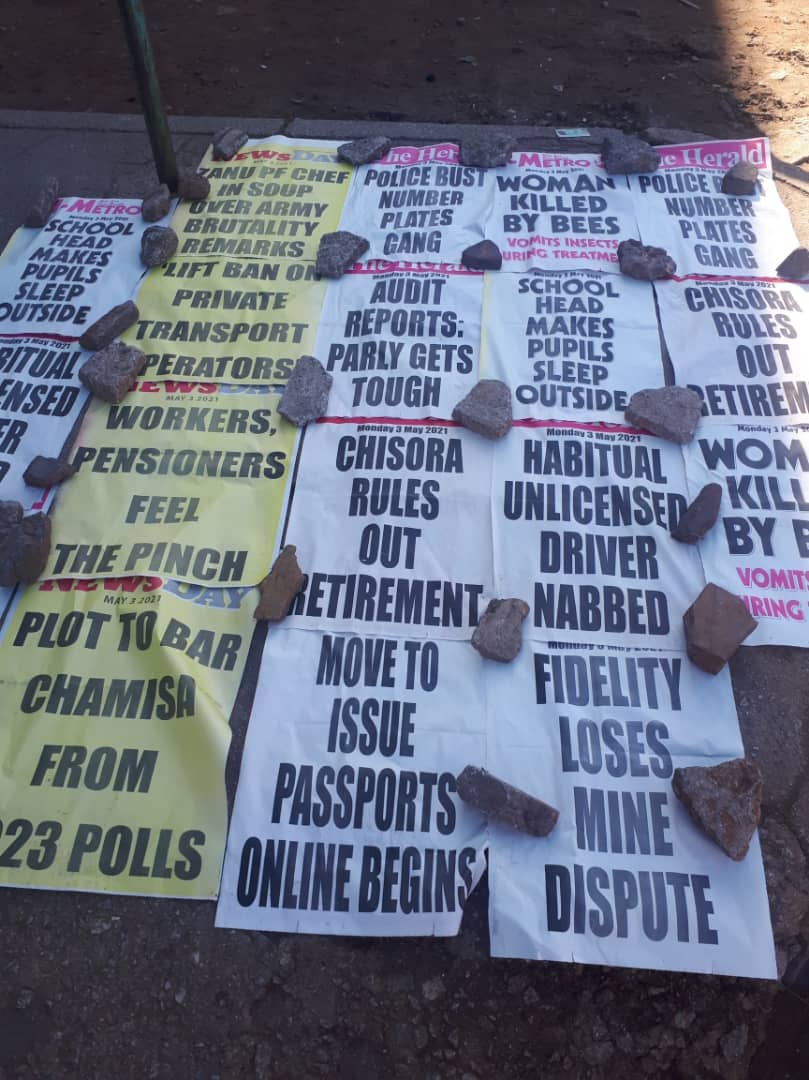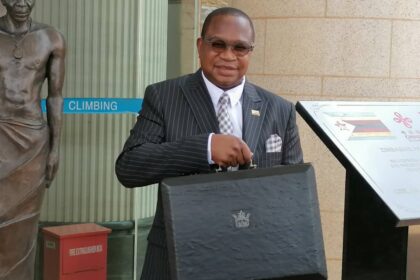By Shamiso Ndangana
The Media Alliance of Zimbabwe (MAZ) chairperson Vivienne Marara says the attainment of media freedom in Zimbabwe is still far away, despite the progress that has been made along the way.
Speaking on a panel discussion to commemorate World Press Freedom Day on Tuesday-Talk, Marara said there are a lot of bottlenecks that have continued to weigh down media’s independence.
“To be blunt, we are not yet there. There definitely has been progress that has been made towards trying to attain a free and independent press but in terms of the results themselves, l think it is there for everyone to see that we are not there yet.
“Why we are not there? There have been quite several factors that have contributed. The first one being the reluctant of most states to promote the enactment of the environment which promotes a free, independent and also pluralistic press. So, you find out that in most cases, media is not allowed to operate freely especially when it comes to private owned media.
“There are bottlenecks in terms of how sustainable issues themselves which has a negative impact on the independence of the press. The coming of Covid-19 has contributed because instead of finding the media progressively playing its watchdog role, you find that it’s now limited by the issues around sustainability where they now more about pursuing the bottom-line so there is a disregard of issues related to fairness and balance,” she said.
Marara also highlighted that polarisation in the media has paved room for media capture.
“Polarisation on its own has greatly influenced the gravity when it comes to the impact of media capture on the operations of the media and this media capture is not only in relation to political players or the state players trying to influence the operations of the media and the media capture.
“You can find that when it comes to business itself, it has sort of like influenced the way and the manner in which the media report. So, in brief, I would say we are not yet there. We are yet to attain the free and independent and pluralistic press that was envisioned through the enactment of the Windhoek Declaration,” Marara said.
Speaking on the same issue, Nompilo Simanje from MISA said the licencing structure and process of broadcasting services clearly indicate that it is not yet Uhuru for the media in Zimbabwe.
“Indeed, we are still not yet there, I mean when we specifically look at what’s happening in Zimbabwe, most recently we had the licencing of the private television stations and some people that could be seen to be promoting pluralistic media, diversity but when you look at the process itself, the players themselves, you will note that we are still very far from achieving the actual principle we invested in the Windhoek Declaration.
“Action has been taken to promote the establishment of community radios in Zimbabwe but when you reflect at the licensing requirement themselves, the exorbitant pricing itself, you will see that we still have so many strict requirements and so many strict facilities that are in place and that are hindering the full realization of the principle that is in the Windhoek declaration”.
Media Freedom: We are not yet there



